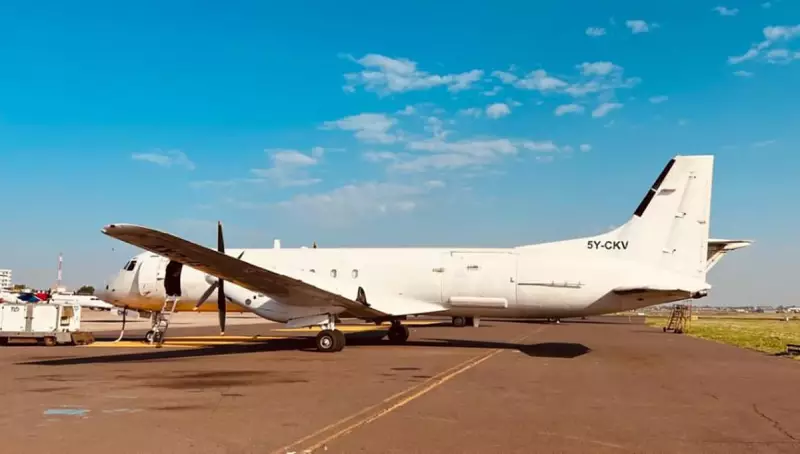
In a move that could severely impact humanitarian operations across some of the world's most fragile regions, British defence conglomerate BAE Systems has abruptly terminated critical technical support for ATP aircraft serving South Sudan, Somalia, and the Democratic Republic of Congo.
Grounding Concerns for Aid Deliveries
The company confirmed it will cease providing essential airworthiness support services, effectively withdrawing the Certificate of Airworthiness that keeps these vital transport planes operational. This decision directly affects aircraft operated by companies like CAA, which have become lifelines for delivering humanitarian assistance to remote conflict-affected areas.
The timing couldn't be more concerning, with aid organisations warning that losing these air transport capabilities could have devastating consequences for vulnerable populations relying on regular aid deliveries.
Regional Impact Assessment
- South Sudan: Faces potential isolation of remote communities dependent on air supplies
- Somalia: Critical medical and food shipments at risk of disruption
- DRC: Eastern conflict zones may become inaccessible to aid organisations
Industry Reaction and Alternatives
Aviation experts express deep concern about the practical implications. "These ATP aircraft have become the workhorses of humanitarian aviation in regions where proper runways are scarce," noted one industry analyst. "Finding suitable replacements that can operate in such challenging environments won't happen overnight."
The Civil Aviation Authority faces mounting pressure to identify alternative solutions, but options appear limited given the specialised nature of these operations and the challenging operating environments.
Broader Implications
- Immediate disruption to ongoing humanitarian missions
- Potential grounding of entire fleets serving conflict zones
- Increased costs and logistical challenges for aid organisations
- Safety concerns for alternative transport methods
As aid groups scramble to assess the full impact, questions are being raised about corporate responsibility in conflict zones and whether adequate transition plans were considered before this decisive action was taken.





